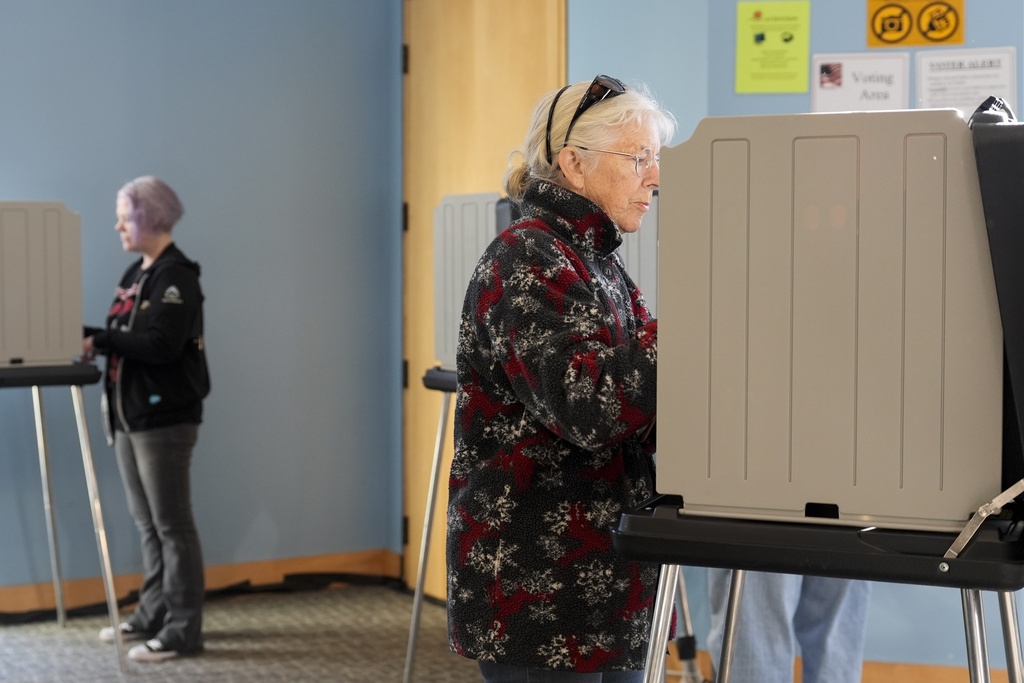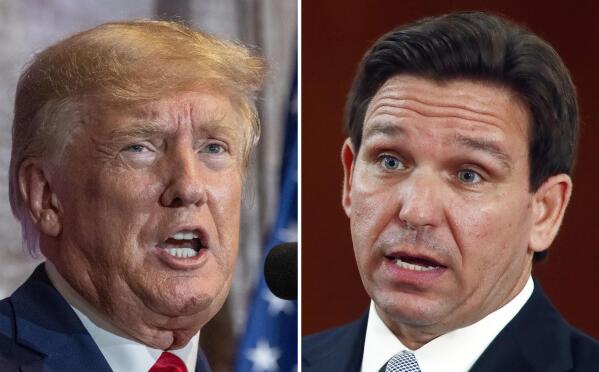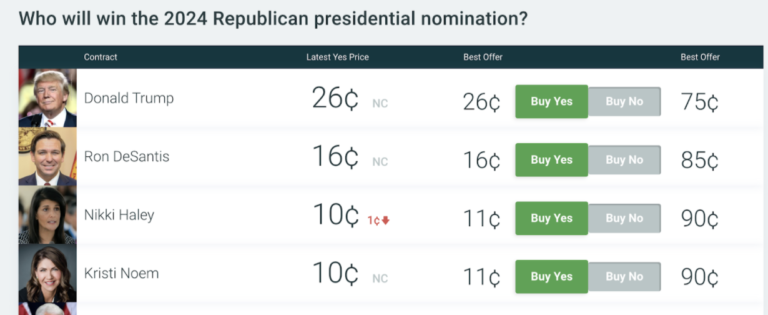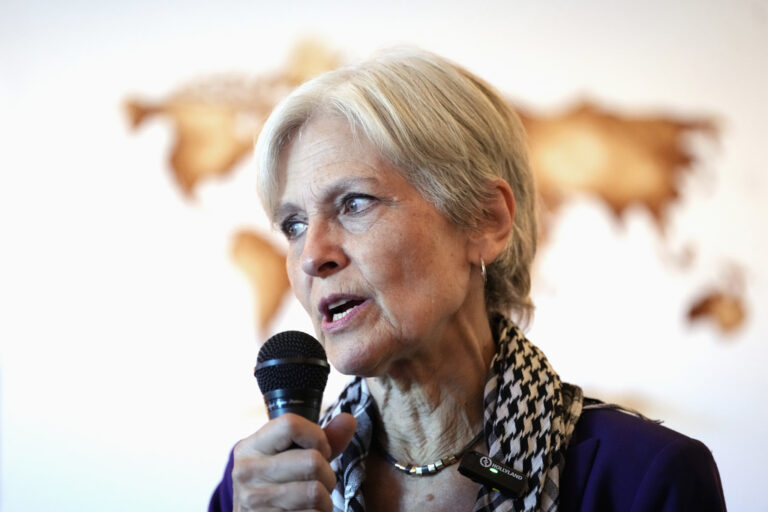
On June 25, 2013, in the case of Shelby County v. Holder, the U.S. Supreme Court overturned one of the core provisions of the Voting Rights Act of 1965 just two years prior to its 50 year anniversary. The Court decided in a 5-4 decision to rule Section 4(b) of the Act which provided a certain formula to designate certain states as having a history of voting discrimination unconstitutional. By removing this provision, the Court also effectively overturned Section 5, which required preclearance for any voter laws that these states — which I will dub “preclearance states” — desired to pass. These 15 states now had jurisdiction to pass voter laws without any accountability to federal oversight, which could disenfranchise large swaths of voters.
It did not take long for this possibility to become a reality. In GOP-controlled states that previously required preclearance, new laws sprouted up that limited voting access. On the same day of the decision, officials in Texas announced that they would pass a voter ID law that preclearance had previously blocked for being the most restrictive in the nation. North Carolina saw sweeping changes by passing a law including reduced early voting, the elimination of pre-registration for 16 year olds, and extreme voter ID laws, among other measures. Though higher courts would overturn these laws eventually, stating that they targeted Black and Latino voters, Texas and North Carolina along with their politically ambitious preclearance peers would continue to pioneer legislation that balanced constitutionality and disenfranchisement. Texas later passed another less radical but still restrictive voter ID law that, in 2017, the 5th Circuit Court of Appeals believed was just non-discriminatory enough to become a law. Draconian voting laws would continue to sprout up around the country, and to the detriment of democracy, many would persist.
As time passed, more of the former preclearance states and their conservative legislatures passed laws crippling the voting rights of their most vulnerable populations. Georgia and Alabama planned to pass their own strict voter ID laws, with the former creating stipulations that disenfranchised 3.8 percent of registered voters, most of whom were Black, and the latter disenfranchising a staggering 20 percent by requiring a state-sanctioned ID. From 2012 to 2018, of the 1,668 polling places closed down across the nation, former preclearance states Mississippi, Louisiana, Alabama, and Georgia accounted for 508. Other preclearance states also partook in the further erosion of voting rights in the US.
The grievous nature of the situation came to the purview of the American people as the 2020 election crept up. Before March 2020, tensions were already high, but the devastation of the COVID-19 pandemic further rocked the state of political affairs in America. For many voters, the stakes never seemed higher. Moreover, without a guaranteed ability for numerous COVID-vulnerable populations to vote in person safely, the legitimacy of mail-in ballots and the restrictive nature of many states’ voting laws came into question.
Despite intense efforts from conservatives to spread misinformation about absentee ballots and completely undermine the election as a whole, the country experienced its highest voter turnout of the voting-eligible population since 1900. This staggering phenomenon can be owed to powerful organized efforts from grassroots organizing in numerous states, most notably Stacey Abrams in Georgia, which mobilized voters from their most vulnerable populations to participate in the election.
The optimism from the watershed moment in voting turnout was short-lived, however, as the battle for voting rights raged on. The following year saw the 19 most conservative states enact 33 laws that further restricted voting access following the 2020 election. Many of the former preclearance states made mail-in ballots more restrictive, reduced polling accessibility, and set up more barriers to voting. The following election in 2022 saw another relative victory for voting rights activists as voters came out at a clip of 46 percent of the voting-eligible population, the second highest rate for a midterm since 1970.
Now, as the 2024 election approaches, the question of voting accessibility and voter’s rights once again takes front and center stage. States continue to enact unjust election laws as the days to the election dwindle down, sending the state of election fairness into flux. On August 13, Alabama Secretary of State Wes Allen ordered the purging of more than 3,000 voters from the registry in Alabama. Following numerous lawsuits citing the National Voter Registration Act, which prevents these sorts of purges 90 days before an election, a federal judge ruled that this action constituted a violation of federal law and reversed.
To the dismay of voters, this egregious violation of voting accessibility was not isolated. Just northward along the Eastern Seaboard, Virginia Governor Glenn Youngkin came under legal fire from the Department of Justice for purging voters deemed “noncitizens” who passed the 90 day threshold. This DOJ’s lawsuit demanded not only the reinstatement of these voters, but also the training of election officials and workers to avoid confusion about eligible voters. A judge had also reversed unjust election rules made by the Trump-backed Georgia State Election Board which further restricted access and overcomplicated voting. All this turmoil occurring in such close proximity to election day ought to inspire worry for voting-eligible Americans.
In a world before Shelby County v. Holder, perhaps voters would be far less fearful about the loss of election rights. Luckily, voting rights groups and voters have only learned to fight harder. Nonprofit organizations such as the Voting Rights Lab, Brennan Center for Justice, Ballot Ready, and Common Cause continue to fiercely advocate for the rights of voters across the country. Furthermore, regular people can partake in numerous GOTV, or Get Out the Vote, efforts organized by these nonprofits to increase voter turnout and bolster democracy. The service Mobilize.us gives anyone interested a large list of GOTV and pro-voter actions and organizations they can participate in. The battle for preserving democracy remains hot. For those who care, the aforementioned GOTV efforts and nonprofit organizations can facilitate involvement in actions to bolster voter turnout and rights. It is up to the American people to educate themselves on the precarious nature of democratic integrity and strike back against those that would dare plunder the rights of voters. In a post-Shelby world, the responsibility falls on those who care to continue the fight.
The Zeitgeist aims to publish ideas worth discussing. The views presented are solely those of the writer and do not necessarily reflect the views of the editorial board.



